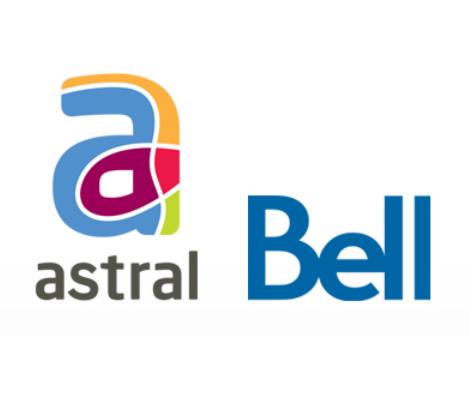
Canadian Radio-television and Telecommunications Commission (CRTC) announced on October 18 that the planned merger between Bell and Astral Media could not take place. The watch dog organization went into action after Canadian telecommunication giant Bell stated that it had finalized a deal to acquire Astral Media for $3.4 billion. A merger of that size required the CRTC to investigate it thoroughly before allowing it to go through and the pressure from opposing media companies made sure that the hearings became a very public affair (TQ was on it).
The CRTC’s decision, which surprised many in Canada, was based on the reasoning that in order to effectively monitor the merged companies the regulator would have to create “extensive and intrusive safeguards” which would also apply to other companies in the sector.
Globe and Mail writer Steve Ladurantaye summarized the decision quite effectively when he says, “the commission didn’t see any reason to allow one company to control as much as 42% of the English television market and 33% of the French.” The deal included Astral Media’s huge inventory of English and French specialty channels and radio stations. If the deal had gone through, Bell would have had 100 radio stations, 30 television stations, and 56 specialty and pay services under its belt becoming the unquestioned dominant force in Canadian radio and television media.
The chairman of the commission also gave his thoughts on the matter when he stated that, “BCE failed to persuade us the deal would benefit Canadians. It would have placed significant market power in the hands of one of the country’s largest media companies. We could not have ensured a robust Canadian broadcasting system without imposing extensive and intrusive safeguards, which would have been to the detriment of the entire industry.”
Another matter that was discussed during the hearings was the claim by Bell that it needed a larger programming library in order to take on foreign rivals like Netflix. The argument was that niche channels and the related content would allow the company to control costs and give the consumer competitive rates. The CRTC was no impressed with the argument and said in its ruling that, “BCE did not demonstrate that it needs to be bigger to compete with foreign services. The commission does not consider that there is compelling evidence on the record to demonstrate that foreign, unlicensed competitors are having a significant impact on negotiations for program rights by Canadian broadcasters … Internet platforms continue to be complementary to the traditional broadcast system.”
Source: TechVibes